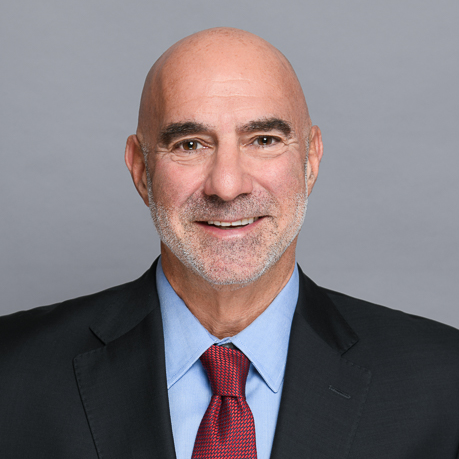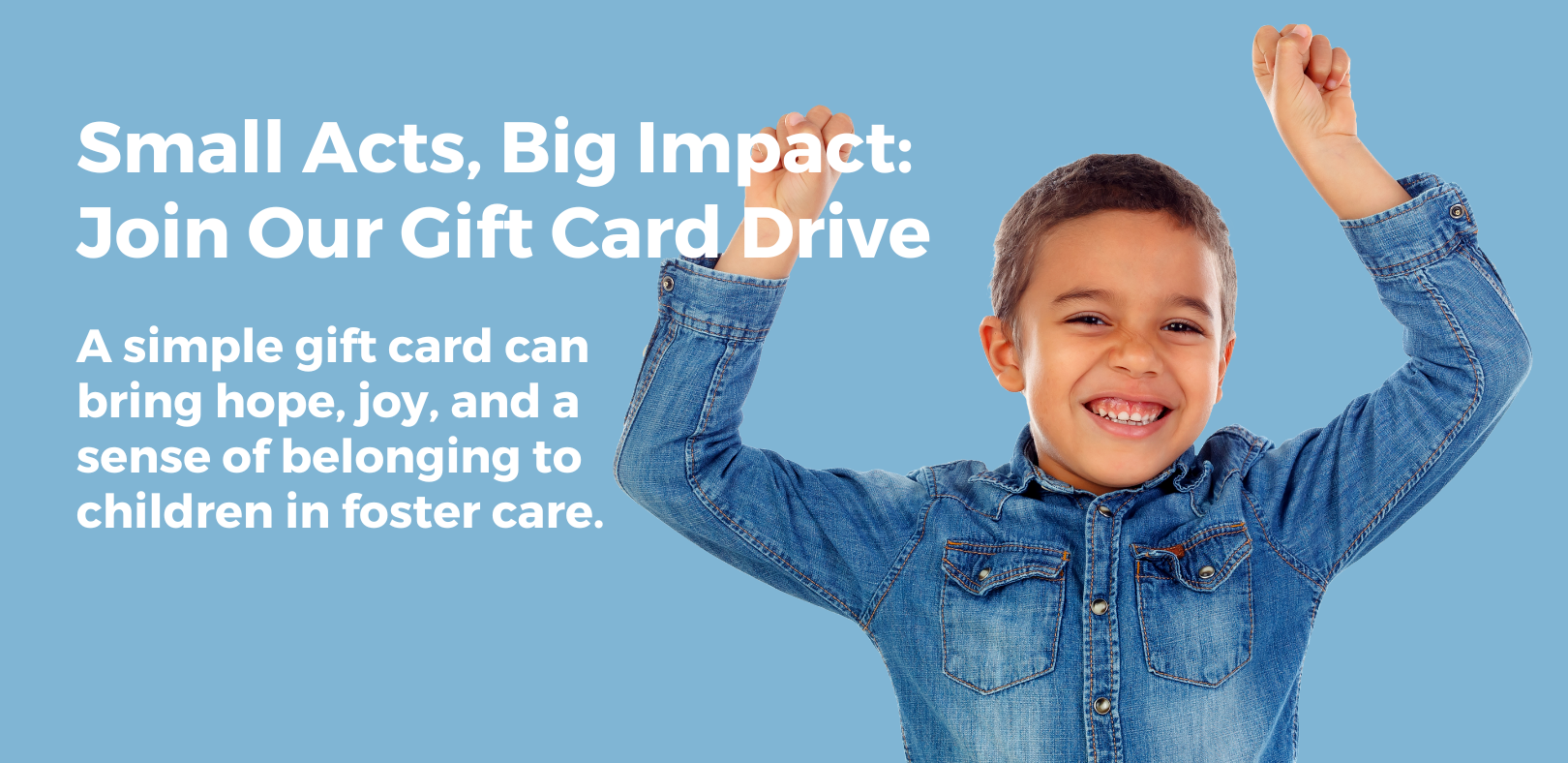
Developing Change: The Function of Volunteers in Juvenile Justice Programs
Introduction
The juvenile World Vision justice system typically operates under a cloud of misunderstanding and preconception, with lots of failing to recognize the potential for rehabilitation and positive change. One of the most substantial forces driving this change is the selfless devotion of volunteers. These individuals, who kindly contribute their time and abilities, play a crucial role in transforming the lives of young people caught in the web of juvenile justice. In this post, we will explore Creating Change: The Function of Volunteers in Juvenile Justice Programs, analyzing how volunteering can promote personal growth, psychological healing, and significant modification within these vulnerable populations.
Creating Modification: The Role of Volunteers in Juvenile Justice Programs
Volunteers working in juvenile justice programs act as mentors, educators, and advocates for youth who are frequently ignored by society. They provide psychological assistance, practical assistance, and support for these young individuals to take charge of their lives. By engaging with at-risk youth through numerous efforts-- such as mentoring programs, tutoring sessions, and life skills workshops-- volunteers assist construct resilience and self-esteem.
Understanding the Juvenile Justice System
What Is the Juvenile Justice System?
The juvenile justice system is created to resolve offenses devoted by minors. Unlike adult courts, which concentrate on penalty, juvenile courts generally emphasize rehab. This technique recognizes that kids are still developing emotionally and psychologically.
Key Parts of the Juvenile Justice System
The Value of Volunteer Support
Why Are Volunteers Essential?
Volunteers bring distinct skills and perspectives that improve existing programs within the juvenile justice system. Their contributions can cause improved results for youth by providing good example who promote favorable behavior.
Benefits of Volunteering in Juvenile Justice Initiatives
- Skill Development: Volunteers get valuable experience that boosts their own expert qualifications.
- Community Impact: Positive relationships between volunteers and youths add to more powerful communities.
- Increased Awareness: Volunteers can assist raise awareness about problems impacting juvenile offenders.
Types of Volunteer Opportunities Available
Mentoring Programs
One-on-one mentoring arrangements allow volunteers to link meaningfully with youths dealing with challenges special to their circumstances.
Tutoring Initiatives
Volunteers can supply academic assistance through tutoring sessions that resolve educational gaps brought on by interruptions in schooling due to imprisonment or other factors.

Life Skills Workshops
Workshops focusing on important abilities such as communication, dispute resolution, and monetary literacy equip young people with tools needed for successful reintegration into society.
Finding Volunteer Opportunities Near You
How Can I Find Volunteer Jobs Near Me?
There are numerous methods to find volunteer opportunities:
Volunteer Opportunities Pleasant Hill
Residents in Pleasant Hill can access numerous regional charities that concentrate on kids's services. Organizations frequently cater specifically to youth associated with the juvenile justice system.
Impact on Mental Health Through Volunteering
How Does Volunteering Affect Mental Health?
Engaging with others through volunteer work has been shown to fight feelings of seclusion while boosting self-esteem and total mental wellness for both volunteers and those they serve.
Key Mental Health Benefits for Youths Associated With Juvenile Justice Programs
- Improved Self-Esteem
- Decreased Anxiety
- Enhanced Resilience
Real Stories: Success Through Volunteer Efforts
Sharing success stories from both volunteers and program participants provides a concrete glance into how volunteer efforts translate into real modification:
Challenges Dealt with by Volunteers in Juvenile Justice Programs
Despite their worthy intentions, volunteers come across numerous difficulties:

1. Psychological Strain
Working carefully with struggling youths can be emotionally taxing; hence, it's necessary for volunteers to practice self-care.

2. Resource Limitations
Many programs face funding lacks that restrict their ability to offer extensive services; however, volunteers can in some cases step in to bridge these gaps creatively.
FAQs About Offering in Juvenile Justice Programs
What certifications do I require to volunteer? The majority of programs need just interest and commitment; nevertheless, some may request for background checks or particular training.
Can I pick what kind of offering task I want? Definitely! Many companies permit you to choose functions that line up with your interests or expertise.
Is there an age requirement for volunteering? Some programs may have age restrictions; usually, you should be at least 18 years of ages or accompanied by an adult if younger.
How much time do I require to commit? Dedication levels differ widely from one-time occasions to ongoing weekly engagements-- it's essential to find what works best for you!
Can offering improve my profession prospects? Yes! Lots of companies value community involvement highly; in addition, you'll acquire new abilities pertinent across numerous fields.
Are there any virtual volunteer chances available? Absolutely! Numerous organizations provide remote alternatives such as online tutoring or mentoring through video calls due to increased need during current times.
Conclusion
In conclusion, the crucial function played by volunteers within juvenile justice programs can not be overemphasized-- their impact ripples throughout neighborhoods far beyond private interactions with at-risk youth. By investing time-- and in some cases heart-- into these efforts, they not only help with individual changes but also contribute favorably towards broader social modifications surrounding perceptions of young offenders.
As we move on together towards social development anchored around empathy rather than condemnation-- let's commemorate those unrecognized heroes prepared step up where they're needed most!
This post acts as a helpful guide on how people interested in making a difference can get involved while clarifying a vital element of our society-- juvenile justice reform led by passionate volunteers committed towards producing meaningful change!